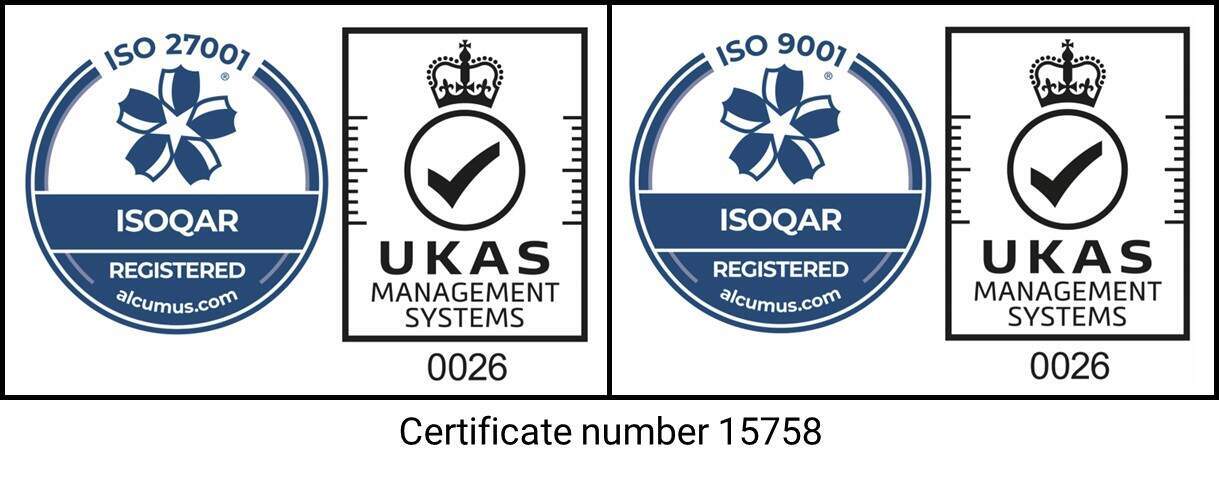Umbrella Companies acting as Tier 2 Sponsors?

It’s worth remembering that guidance is only guidance and does not expressly give you an ultimate correct answer but guide you to one. In addressing the matter surrounding umbrella companies or more so the ambiguity and the opaqueness surrounding immigration guidance for Right to Work, first we must define an umbrella company. An umbrella company is a company that acts as an employer to agency contractors who work under a fixed term contract assignment, usually through a recruitment employment agency in the United Kingdom.
In previous correspondence Nick Alker make a point of highlighting:
UKBA (Tier 2&5 of the Points Based System – Guidance for Sponsors V02/14) states in para 5.8: If you are a sponsor that wants to employ a migrant worker who has been supplied to you by an employment agency or business, you can only assign a certificate of sponsorship (CoS) if you: a) have full responsibility for deciding the duties, functions and outcomes, or outputs of the job the migrant is doing. b) Are responsible for agreeing and paying the migrant’s salary.
This is more concerned with an agency simply facilitating you with a migrant worker that would fall under the scope of your sponsor licence.
To clearly define the issue that Nick Alker makes ultimately the question is THE AGENCY/umbrella or that provides the third party with staff using the agency/umbrella sponsor licence as appose to the third party being the sponsor, therefore the definitive question can be found under paragraph 5.6
5.6 If you are an employment agency or employment business, you can apply for a sponsor licence but only to sponsor migrant workers who will be employed by you connected with the running of your business. You can’t sponsor a migrant who you then supply to a third party as labour, regardless of any contractual arrangement between the parties involved.
If an Umbrella company can be referred to as an employment business, and that business is purely providing contract staff to the third party organisation a coin of phrase for this type of practice is cloaked employment or disguised employment, I’m sure this is a term many people in HR will be familiar with.
The introduction of the Points Based System (PBS) in 2008 and creation of Tier 1 (General) (T1G)) might have contributed to the matter as a T1G visa the migrant does not fall within the scope of Tier 2 work and are therefore responsible for regulating their own immigration status – there was nothing preventing the contractor setting up as a limited company as T1G and becoming contracted to a third company effectively becoming de facto employee, responsible for their own tax, national insurance, immigration; this abuse of the system has been closed down with the removal of Tier 1 (General) in 2011 however there are still migrants on Tier 1 General visas which have yet to expire.
s15 IANA 2008 states – to establish an excuse you the employer must take all reasonable steps to ensure the person working on your site or premises has the right to work, (if I had a pound for every time I get told somebody else is responsible for carrying out the checks or we outsource it I would have made a fortune). You will get sanctioned if this is the case. Also it is worth baring in mind that if the Home Office can prove you knew you were employing someone illegally you could be facing a criminal sanction.
It is a matter of striking a fair balance between immigration guidance/law and industry; on the other hand there are perfectly legitimate organisations that have “recruitment” in their business title that could lead you to believe this practice is still happening
To articulate my point concerning agencies allow me to use the following analogy: if the umbrella company providing contract employees’ has agreed a higher level service contract with the end client (what I mean by that is not just for the provision of contract staff.) let’s say ‘Airplanes Engineering & Recruitment Ltd’ (AER) (a fictitious company)) tender for a contract to service maintain and wash aeroplanes flying in and out of ‘prop wash junction’ (PWJ) (a third party fictitious company).
Airplanes Engineering & Recruitment (AER) (the umbrella)) recruit themselves to provide specialist migrant engineering staff to service and maintain the contract. Therefore AER are employing their own staff to service their contract with the third party client. The staff are not employees’ of prop wash junction (third party) nor the airline carriers coming in and out of prop wash junction, they are the employees of AER this is a perfectly legitimate practice.
The complexity of immigration is within the contracts PWJ has a contract with air carriers to use the airport to facilitate a place where engineering and maintenance can be carried out PWJ then has a contract with AER to service and maintain the aircraft, AER then employ migrant contractors to work at PWJ servicing the air carrier’s aeroplanes. Although PWJ are facilitators and AER are located at PWJ working for different air carrier companies they remain employed by AER.
There is no reported case law that supports this part of the Home Office guidance that I am aware of.
If you’re unsure seek legal advice.
I will press my point of striking a balance and fairness by saying-
If businesses cannot obtain the correct staff in the UK they will leave these UK taking lucrative contracts with them –
This is already the case in the aircraft services industry. Five years ago the United Kingdom was the biggest international hub for servicing aircraft globally, bring in hundreds of millions of pounds worth of contracts from airline carriers. Since the introduction of the cap on business immigration, industries in this sector have increasingly found it difficult to source the right caliber of specialist staff from overseas, the entire industry has left the UK taking many millions of pounds out of the economy. This is just one example of many I could give; UK and industry are losing out globally because of poor business immigration policy and law
Immigration Lawyer/Legal Advisor at uComply Ltd
It’s worth remembering that guidance is only guidance and does not expressly give you an ultimate correct answer but guide you to one. In light of the recent case of Alvi v SSHD 2011. Guidance does not have the force of law. So the guidance stating in 5.6 “You can’t sponsor a migrant who you then supply to a third party as labour” appears to me to create a Rule [under immigration act 1974 s3] and ceases to be guidance.
This article does not constitute legal advice only expresses the opinion of the author
As we have updated our website recently the article appears to have been published in 2019. The article and some of its context may have been amended since its original publication pre-2015 and does not describe, express or represent the view of the original author Matthew Williams





